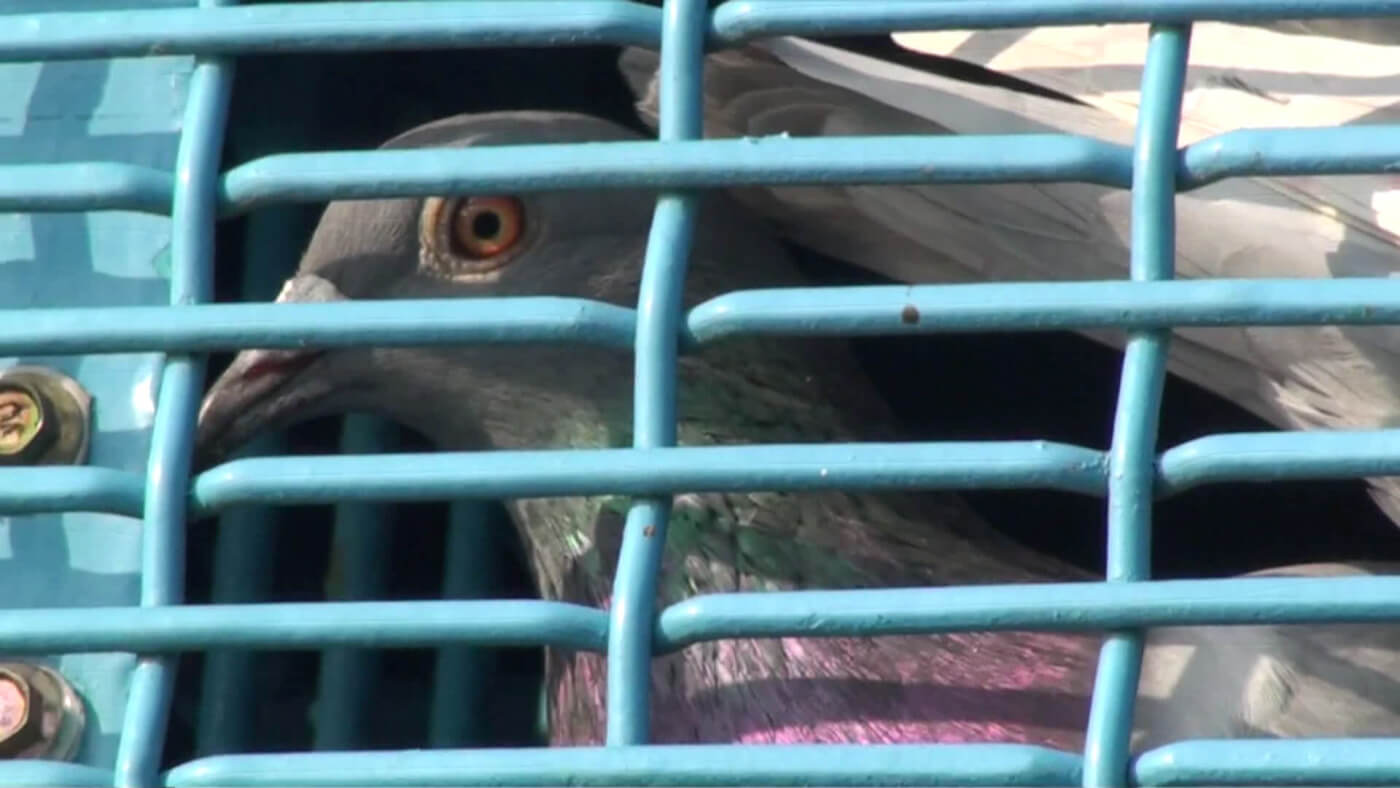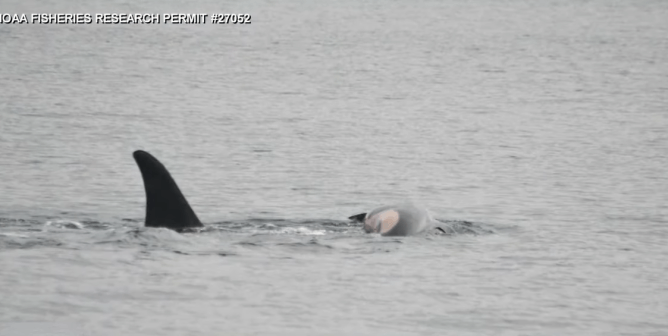Update: June 30, 2023
The Tainan City Police Department’s Criminal Investigation Corps raided a pigeon-racing operation in Madou District for suspected illegal gambling and cruelty to animals, seizing cash, computers, and other equipment and rescuing 734 pigeons who had been loaded into crates for a deadly ocean race. Police arrested six employees and brought 19 other people in for questioning. The club’s members had gambled over NT$100 million (US$2.32 million) on races in 2022, and in the spring 2023 race series, only 43 birds had returned from the final race out of the more than 1,100 who had started the series. This is the first police investigation in Taiwan focusing on the cruelty of these ocean races from which few birds return, not just on the illegal gambling.
Update: December 2, 2019
Following PETA’s investigation, Taiwanese police raided at least three pigeon-racing clubs across the island, including the largest, and seized millions of dollars in illegal gambling proceeds. The president, secretary, and bookkeeper of the Zhong Zheng pigeon-racing club in Kaohsiung were all charged with gambling offenses and received prison sentences, ranging from three to eight months. Thirty-two pigeon racers incurred fines, ranging from the equivalent of $1,000 to $4,000. In Taichung, a judge sentenced the president of the Fengyuan Pigeon Club to one year in prison and fined him over $200,000, the club accountant was sentenced to nine months in prison and fined over $6,000, and 184 pigeon racers received fines. In Miaoli, police raided the Xiangshun Pigeon Racing Chapter, resulting in jail sentences for two club officials and fines for 16 pigeon racers. In total, authorities prosecuted 239 people, the most ever convicted as a result of a PETA investigation. Even so, more still needs to be done to stop these cruel and deadly races.
More than a million homing pigeons die every year during Taiwan’s seasonal pigeon races, grueling sets of seven races over the open ocean from ever-increasing distances. Young birds—not even a year old—are shipped out to sea, released in the middle of the ocean, and forced to fly back home, sometimes even in typhoon-strength winds. Most often, less than 1 percent of these highly intelligent birds complete each seven-race series—many drown from exhaustion, die in the storms, or are killed for being too slow.

PETA investigators went undercover at the largest pigeon-racing club in southern Taiwan. They infiltrated this secretive industry, obtaining access to racing lofts, “shipping night” (during which the birds are registered and put in cargo crates), and even a ship from which the pigeons were released. Investigators recorded officials and participants admitting to illegal bets of hundreds of millions of Taiwan dollars and to the massive losses of birds as a result of this ruthless “sport.”
Top racers and high-ranking club officials admitted to deadly conditions for the birds, who fly with untreated injuries, without enough rest between races, and through heavy rainstorms. PETA investigators captured video footage of a race in which tens of thousands of birds disappeared in a matter of hours and were presumed to have drowned. Even birds who survive these extreme conditions may be killed or discarded by their owners if they do not make the qualifying time for the next race in the series. Pigeons are smart, gentle, and loyal birds. They bond for life and can live for more than 20 years. Yet almost all the birds who begin their lives as racing pigeons in Taiwan die in their first year of life.
“It was raining pigeons—literally. I’ve never seen such a scene. … Every one of them crashed onto the boat. … Some crashed into the ocean. … About one hour after the pigeon rain, you could see the whole surface of the ocean filled with dead pigeons.” —Taiwanese fishing boat captain
Money—not just entry fees but vast, illegal wagers—fuels the multibillion-dollar pigeon-racing industry in Taiwan. Wealthy racers pay upwards of US$100,000 for imported breeder birds, and top racers admitted to making millions on a single race. “Prizes” such as refrigerators are listed on gambling sheets as a cover for the cash bets that are the main draw of these events. Racers boasted that government law enforcement “can’t catch us.” The chance to win staggering sums leads to extortion, the drugging of birds, and even the kidnapping of birds for ransom. In order to prevent cheating, pigeons’ leg ring numbers are covered so that the birds are anonymous, and photographs of their feathers are meticulously compared.
An international web of commerce supports Taiwan racing: Breeder birds are bought and sold for tens of thousands of dollars from U.S. and international dealers, then kept as “prisoners” and left to constantly reproduce while their offspring are serially exterminated in race after race.
Billions of dollars are wagered on these races, but for the pigeons, it’s always a losing bet.





